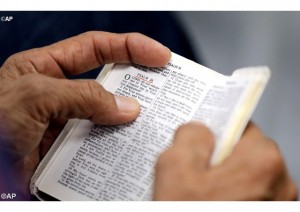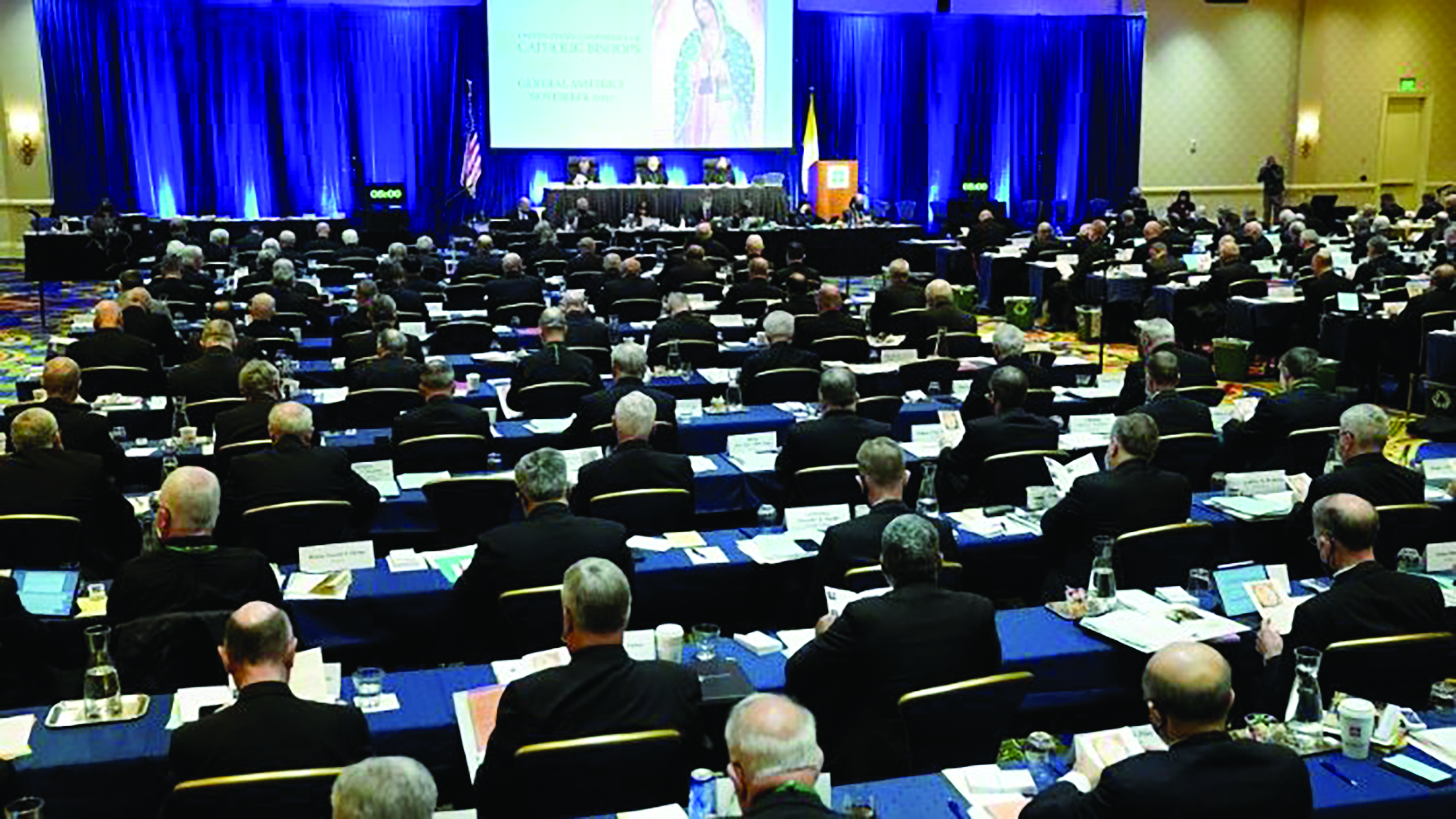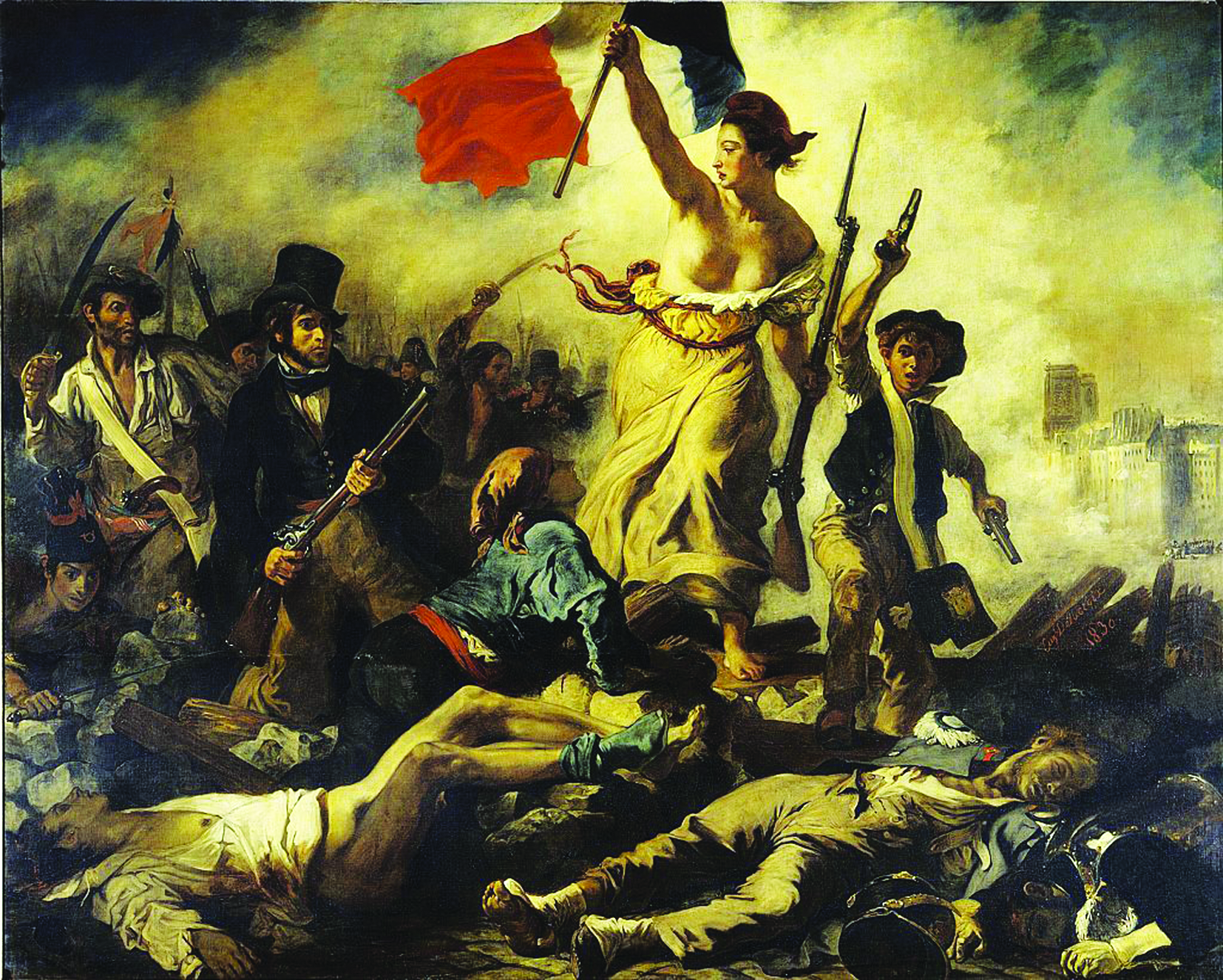Pope Francis issued a Motu Proprio on Saturday entitled, “Magnum principium” which refers to the translation of liturgical texts.
A Motu Proprio is a special document, or apostolic letter, issued by the Pope on his own initiative and signed by him.
In the document Pope Francis writes that, taking into account the experience of the Second Vatican Council with regard to liturgical translations, it seemed opportune that some principles handed on since that time, “should be more clearly reaffirmed and put into practice”.
According to the Congregation for Divine Worship and the Discipline of the Sacraments, the Vatican department responsible for publishing the document, “Magnum principium” alters certain norms of Canon 838 of the Code of Canon Law regarding the translation of liturgical texts into modern languages.
Improving definition of roles
In a separate note, the Congregation for Divine Worship points out that, “the object of the changes is to define better the roles of the Apostolic See and the Conferences of Bishops in respect to their proper competencies which are different yet remain complementary. They are called to work in a spirit of dialogue regarding the translation of the typical Latin books as well as for any eventual adaptations that could touch on rites and texts.”
“In the encounter between liturgy and culture”, the note continues, “the Apostolic See is called to review and evaluate such adaptations in order to safeguard the substantial unity of the Roman Rite”.
Rendering the text fully and faithfully
Given the heavy responsibility of translation entrusted to the Bishops’ Conferences, the Motu Proprio itself points out that these Conferences “must ensure and establish that, while the character of each language is safeguarded, the sense of the original text should be rendered fully and faithfully”.
In conclusion, the Motu Proprio provides that the Congregation for Divine Worship and the Discipline of the Sacraments will also “modify its own Rules and Regulations on the basis of the new discipline and help the Episcopal Conferences to fulfill their task”.
Vatican Radio







Facebook Comments